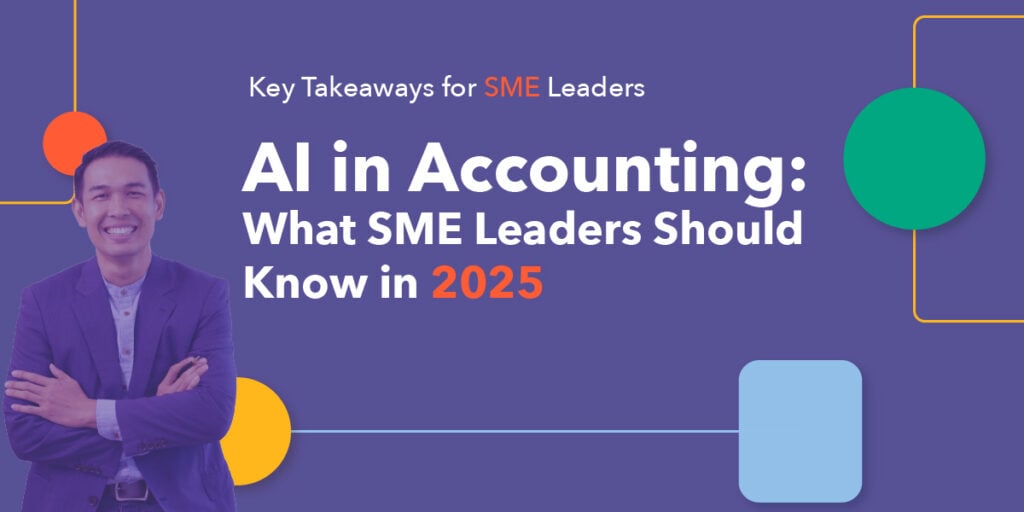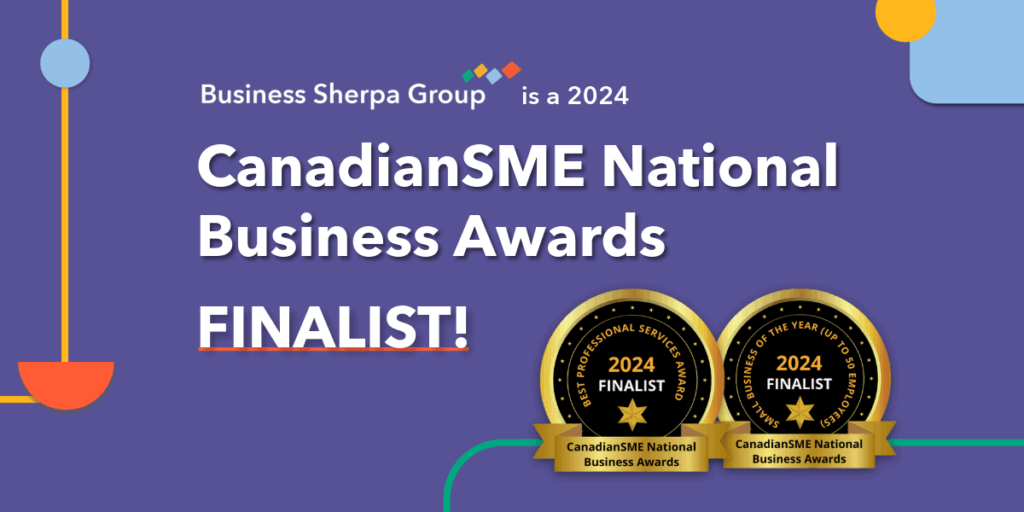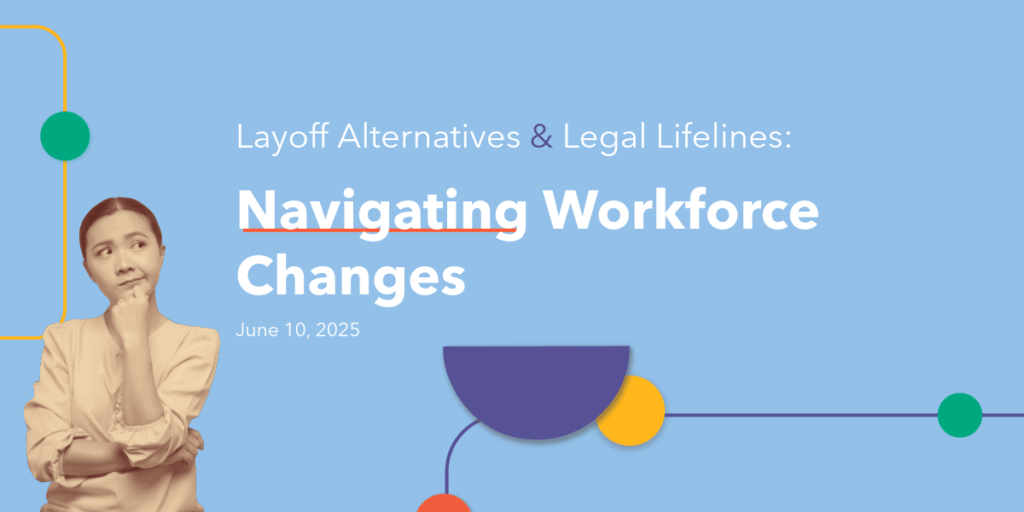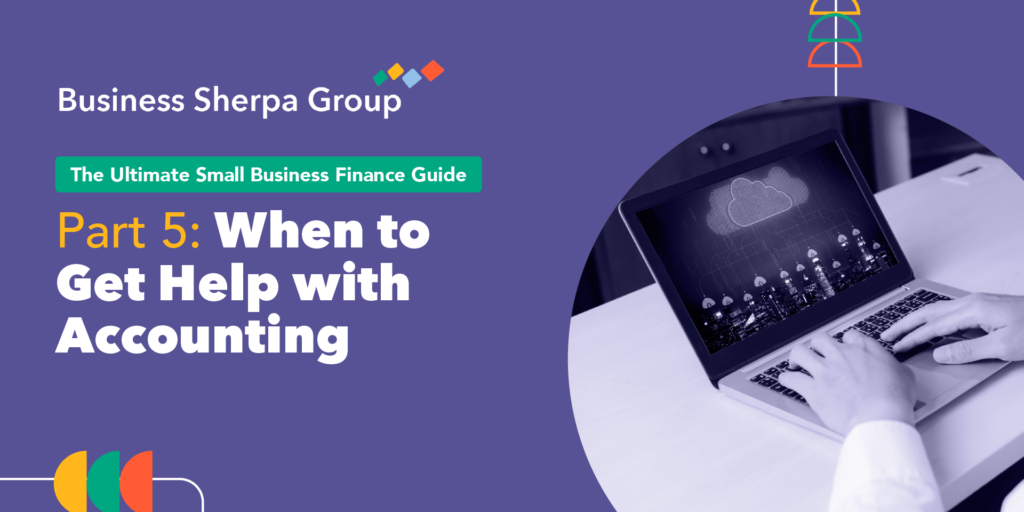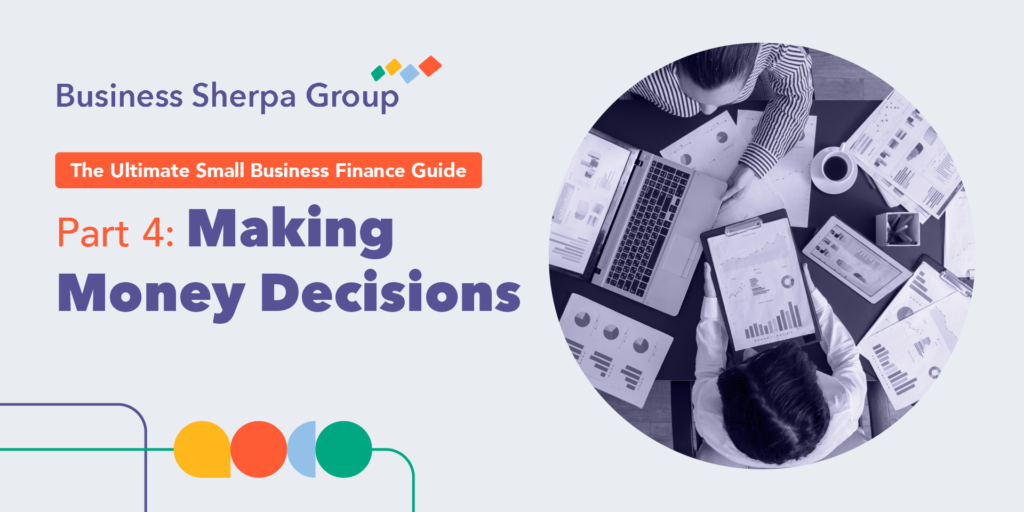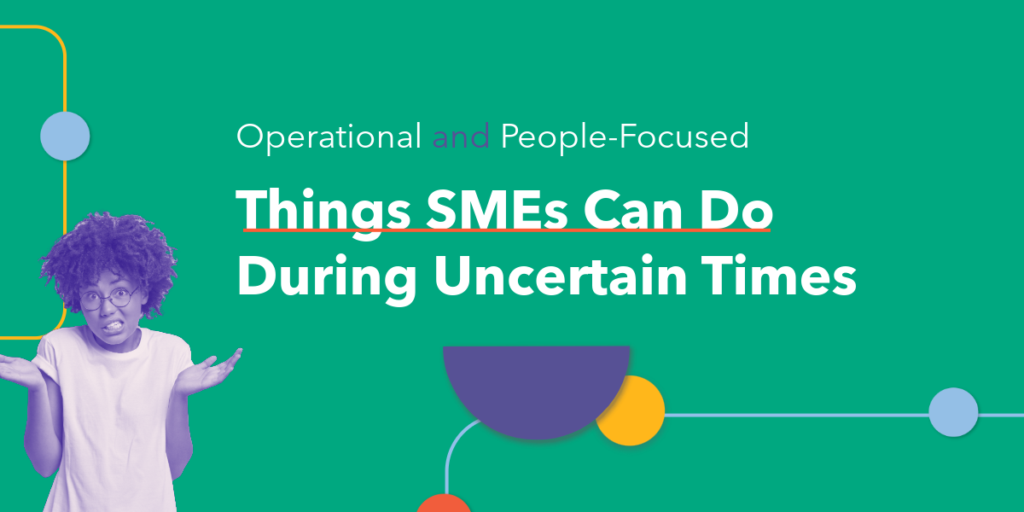[vc_row][vc_column][vc_column_text margin_bottom=”20″ css=”.vc_custom_1548790653166{margin-bottom: 0px !important;}”]Small and mid-sized enterprises (SMEs) of every type are entering into an era of exponential change.
Technology transformation, data and information abundance, labour force changes and connected communities are coalescing to disrupt businesses, workplaces, teams and how employees want to work. For example, a linear traditional workplace is giving way to a more fluid and flexible employer-employee relationship driven by new expectations and preferences on how employees want to work.
This era of change means the Human Resources (HR) function has never been more critical to help navigate any uncertainty (that naturally arises with change) as well as to help organizations and teams embrace the opportunities found in new working relationships and new organizational structures.
Then
SMEs have often foregone the opportunity to build a complete HR function within their organization by thinking their only option is a full-time hire or they hope online tools and basic documented policies promising HR compliance will resolve most of their HR issues (and that nothing too complex will come up).
The reality is that the issues that consume the most time, energy and focus are people issues. These are situational, often involve personal judgements or interactions and can usually be avoided with some preventative initiatives. More importantly, the full potential of a team becomes short-changed without a dedicated eye focused on how to organize and create opportunities for growth.
Now
Many SMEs have recognized the importance of having experienced HR leadership within their organization. These SMEs have embraced the emerging workforce model that’s comprised of dedicated virtual and/or part-time HR professionals who typically work 1 to 2 days per week depending on the organization’s size and needs. During this time, these experienced HR professionals are able to manage all of the HR activities from establishing HR compliance and addressing routine operations through to strategic activities and flexibly fit the complete HR needs of a business. These HR leaders are able to become part of a SME’s core team and build high-trust relationships that can influence and shift perspectives, guide change and steward the culture all the while maintaining operational routines and keeping up with legal employment obligations.
When to Bring in an HR Professional
Some of the indicators often cited by SME leaders and owners as the motivation to bring in a dedicated virtual and/or part-time HR professional are:
- Questions arising around policies and practices and how these apply to their organization as well as questions regarding consistency in application and being transparent about processes and fairness.
- A growing unease of not being legally compliant in policies and in how situations are being managed or addressed.
- The owner or leaders feel that people management issues are taking up too much of their time and they feel uncomfortable providing objective and balanced guidance – they simply want to focus on the most critical outcomes for the business and how to get there.
- A specific issue has arisen that points to underlying symptoms that need focus and attention in order to ensure the continued functioning of high performing teams.
- An organization wants to ensure that the right skills and talent are in place by developing existing staff and hiring key talent. There is a strong feeling that effective people management is seen as vital for growth and to achieve the company’s vision.
Impactful Outcomes of Established HR Function
SMEs that have embraced the model of using fractional HR support have generally started small, dipping their toes in to address foundational activities. But they quickly discover the value of having an experienced HR leader. Based off what I’ve seen, the five most impactful outcomes of establishing a professional HR function are:
- Confidence that the ‘house is in order’; the organization is meeting its obligations and mitigating risk with processes, documentation, routines, policies as well as appropriate responses to challenging situations;
- The team and leadership have a resource to answer policy questions as well as to help guide and coach them through challenging situations;
- There is focused attention on the development of employees, teams and individuals through organization planning, performance & development programs as well as situational and formal coaching and training activities;
- Compensation, benefit plans and other rewards are structured and planned to align relative to a desired position in the market and support internal equity;
- New initiatives and programs are introduced and effectively maintained that align to vision, values and strategic goals. This facilitates enhanced employee engagement contributing beyond their day to day activities.
Take Away
Many small and mid-sized enterprises are leading the way in embracing workplace shifts towards flexible virtual and part time HR functions. Having a key HR leader who is accountable for people strategies to support staff, teams and leaders ensures alignment, clear communications and accountability that will drive performance and help navigate challenges allowing SMEs to keep up with the exponential change facing them today.[/vc_column_text][/vc_column][/vc_row][vc_section][vc_row][vc_column][vc_row_inner][vc_column_inner][vc_separator][/vc_column_inner][/vc_row_inner][vc_row_inner][vc_column_inner width=”1/6″][/vc_column_inner][vc_column_inner width=”2/3″][vc_column_text css=”.vc_custom_1548791038646{margin-bottom: 0px !important;}”]





